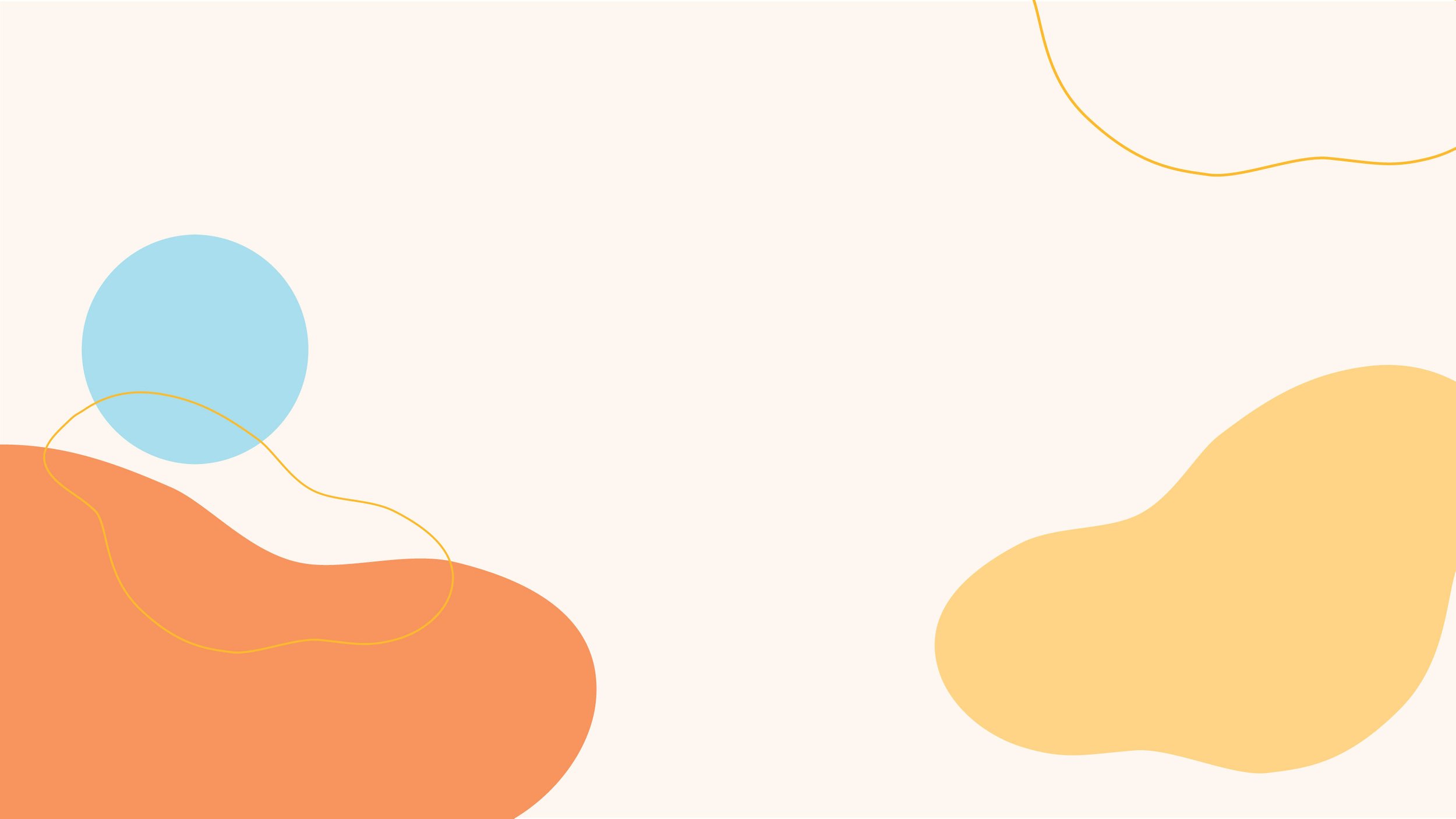
What is Montessori?
Montessori Education is an educational approach developed by Maria Montessori, an Italian physician and educator, who devoted her life to advocate for the child, and revitalize how we educate children. Montessori education is practiced worldwide, in an estimated 20,000 schools, serving children from birth to eighteen years of age. It is characterized by its emphasis on independence, freedom within limits, and respect for a child’s natural psychological development.
A range of practices exists under the name “Montessori.” SMS proudly adheres to The Association Montessori Internationale (AMI) current practices, and cites these elements as essential to a Montessori education:
Mixed-age classrooms.
Student choice of activity from within a prescribed range of options.
Uninterrupted blocks of work time.
A constructivist or “discovery” model, where students learn concepts from working with materials after being introduced to them by a guide.
Specialized educational materials developed by Maria Montessori and her collaborators.
Montessori schools design their programs with reference to Montessori’s published work on human development, and use pedagogy, lessons, and materials which are introduced in Guide training and are derived from courses presented by Maria Montessori during her lifetime.
DR. MARIA MONTESSORI
1870-1952
Maria Montessori was born in Italy, in 1870. She graduated from the Faculty of Medicine at the University of Rome in 1896, and was the first woman to practice medicine in Italy. As a physician, Dr. Montessori was in touch with young children and became profoundly interested in their development.
Through careful exhaustive scrutiny and scientific observation, she realized that children construct their own personalities as they interact with their environment. She also observed the manner in which they learned as they spontaneously chose and worked with the auto-didactic materials she provided.
Her approach to education stemmed from a solid grounding in biology, psychiatry, and anthropology. She studied children of all races and cultures, in many countries around the world, and saw the universality of the laws of human development. She continued her observations throughout her life, widening and deepening her understanding of human development until her death in 1952.

“Follow the child, they will show you what they need to do, what they need to develop in themselves and what area they need to be challenged in. The aim of the children who persevere in their work with an object is certainly not to ‘learn’; they are drawn to it by the needs of their inner life, which must be recognized and developed by its means.”
— Dr. Maria Montessori

